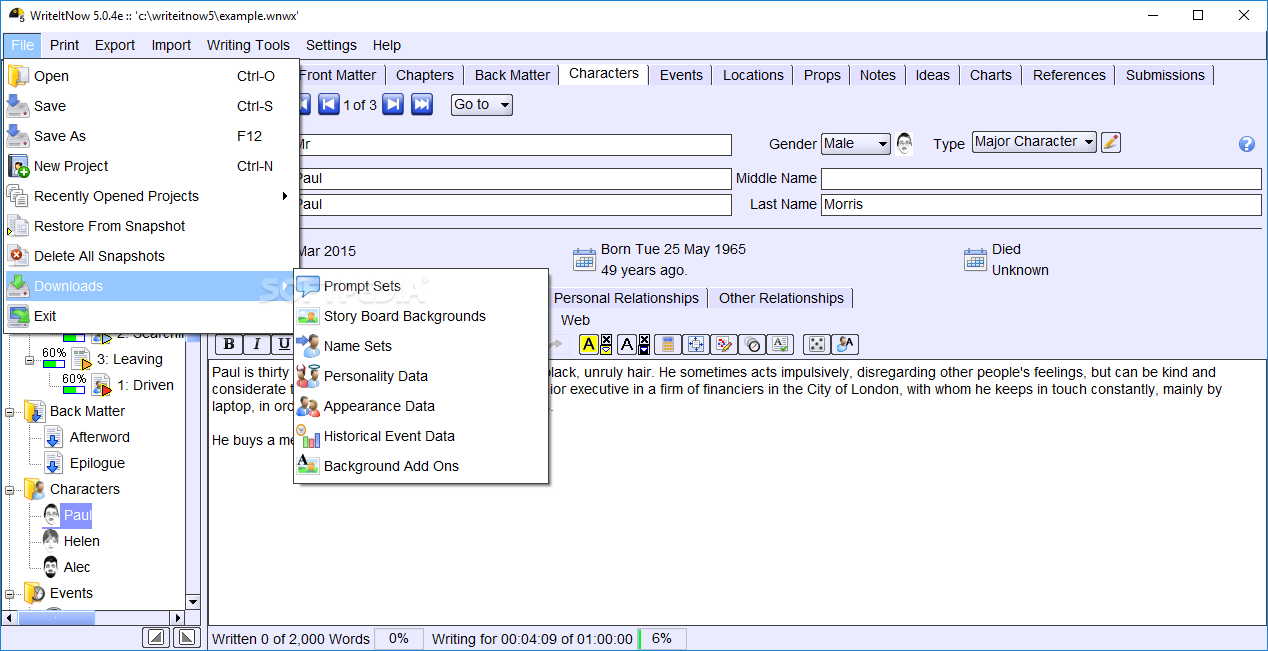


Being intelligent and saying that you’re intelligent are two different things.If being detail oriented is a key trait for the job you want, put it into practice by paying particular attention to details when you submit your application and during the interview. One typo on your resume (and they happen to the best of us) and this statement rings false.Did you sit around doing crosswords or solving rubik's cubes all day? Instead, list an accomplishment that demonstrates your problem-solving skills.Instead, use active verbs like created, achieved, improved, or led. It brings to mind someone just doing the bare minimum to get by.

This is such a blanket statement when describing your job duties, it tells nothing about what you actually did.Replace them by heeding that ages-old writing adage to “show, don’t tell ” use active words and concrete examples instead of these tired terms: At best they suggest you might be padding your CV or profile because you’ve run out of things to say at worst, they suggest you haven’t achieved much of anything in your career worth talking about. In general, most of these terrible terms are so vague or jargony as to mean practically nothing. Similarly, there is a certain style of language that tends to pop up on resumes, CVs, and LinkedIn profiles that HR and hiring managers cringe to see. If you’ve ever gone house-hunting or looked for a flat, you know there are certain words that act as a kind of code: “cozy” means it’s about the size of a postage stamp, “rustic” means there might be mice, and “fixer-upper” means it’s probably going to fall in on you.


 0 kommentar(er)
0 kommentar(er)
